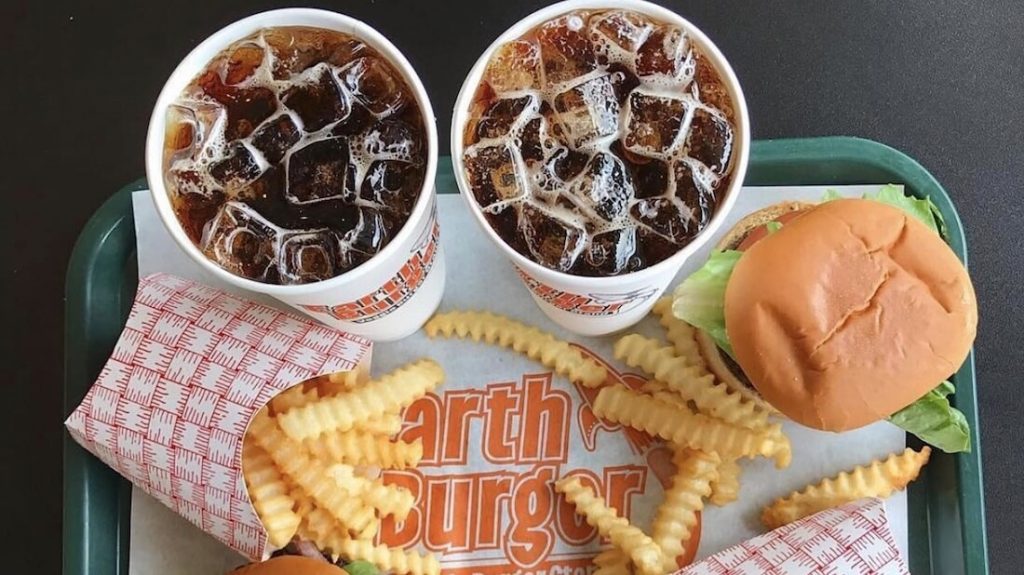Last month, an article in the New York Times put forth a new perspective on American cuisine. Rather than the iconic hamburger, which skyrocketed to popularity during the advent of fast-food in the 1930s and has largely been accepted as the quintessential American food ever since, the author, Carol J. Adams, claims that quite the opposite is true, that there is “nothing more American than the veggie burger.”
Adams is a vegan feminist scholar and the author behind the popular book “The Sexual Politics of Meat” and her new book “Burger,” which argues that the burger’s identity has “always been in motion” and at its core, has also always been about “efficiency, deliciousness, and innovation.” Adams highlights that burgers from America’s oldest fast-food chain, White Castle, were first advertised as an affordable, convenient option that would “give mother the night off” from obligatory domestic tasks. The recent influx of plant-based burgers, Adams says, represent the newest take on the popular food.
Adams further elaborates her point, stating that from a historical context, a “single-portion protein patty” like a hamburger has more in common with plant-based foods like falafel, nut cutlets, “millennium-old Indian-fried protein-rich lentil or bean patties” than it does with historical usage of ground meat. The veggie burger inched closer to what we know it to be today in the midst of meat rationing during World War II, which led the vegetarian Christian sect, Seventh-day Adventists, to launch canned veggie burgers under the brand Loma Linda.

That brings Adams to the modern veggie burger. Realistic plant-based burgers, like the vegan Impossible Burger, are served at White Castle locations and are also featured on the menus of many meat-heavy restaurants across the nation. “Their target consumers are meat eaters who don’t want to give up their hamburgers, and they’ve made eating not-meat resemble the meat experience,” Adams wrote.
The Impossible Burger’s main competitor, the Beyond Burger, is now available at TGI Fridays and at nearly 1,000 locations of Canada’s A&W fast-food chain. Both brands are aiming to distribute their popular vegan burgers globally.
Beyond realistic vegan burgers, good old-fashioned veggie burgers continue to win over the taste buds of American consumers. Adams highlights how New York City’s vegan-upon-request Superiority Burger, which features a vegetable-based patty made from quinoa, carrots, walnuts, and spices, was crowned the best burger in America of 2015 by men’s magazine GQ.
Despite pushback from meat industry leaders, who view the rise of the veggie burger as a threat, Adams further argued that vegan burgers will continue to reach new consumers amid growing concerns over meat’s effect on health, the planet, and animals. As to why innovators would attempt to replicate the classic American burger rather than create something entirely new, she asked: “Well, why not? Why should meat eaters have a corner on the pleasures of a protein patty?”
Image Credit: Earth Burger


